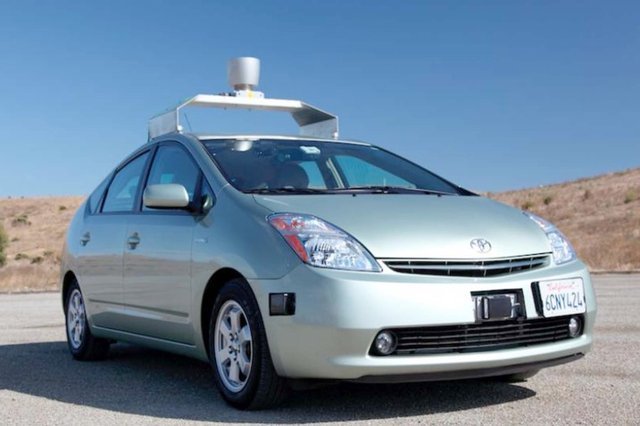Drivers Not Sold on Driverless Cars, Survey Says

About 10 percent of those surveyed think that "driverless car technology is irresponsible," according to the Institute for Advanced Motorists, the United Kingdom's largest independent road safety charity.
The majority of those surveyed said that the focus should be redirected from making cars better to improving the skills of drivers.
Half of the motorists surveyed "don't think that driverless cars will become popular," the study said.
This latest survey and an April survey on emerging automotive technology by J.D. Power and Associates both use the word "skeptical" when it comes to describing how consumers feel about autonomous cars.
Such technology allows the vehicle to take control of acceleration, braking and steering without any human interaction. Power found that just 20 percent of all vehicle owners say they "definitely would" or "probably would" purchase such technology in their next vehicle after learning the estimated market price of $3,000.
Google has been at the forefront of autonomous driving, announcing its initiative in 2010. Its technology is being tested on a fleet of Toyota Priuses and an Audi TT.
Google has been testing a variety of technologies that would help enable autonomous driving, including radar, video cameras and lasers. In a patent application, the company described a process in which a specially equipped car would identify a "landing strip" where the driver would stop the vehicle and hand over control to an onboard computer that would receive directions and driving instructions by QR code or wireless link.
Nouvelles connexes


